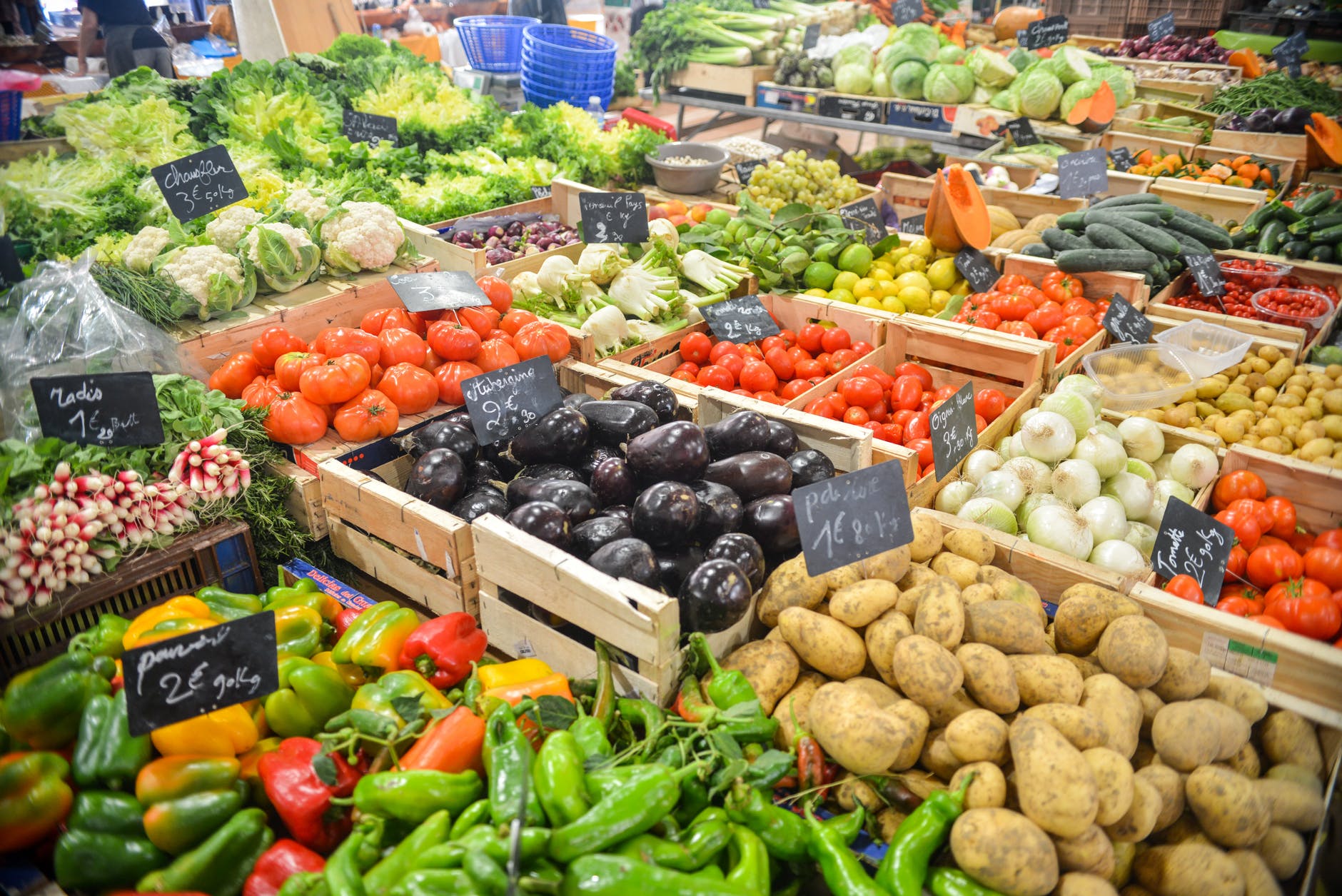It’s that time of year again. No, not Christmas, it’s World Food Day! October 16th marks the celebration of food and he sexy topic of how to reduce food waste.
While it’s become trendy to tackle waste in general – whether that’s proudly standing your reusable Chilly’s bottle next to your pen and paper in lectures, or raiding charity shops for the best vintage garments and embracing used fashion – food waste isn’t so easy. It is a huge issue, one we can’t avoid.
Of all the food produced around the world for human consumption, around a third of it ends up in the bin. This works out to be around 1.3 billion tonnes of food. Meanwhile, 795 million people around the world were suffering from chronic malnourishment between 2014 and 2016.
So as a student, how can you reduce your food waste? Here are our 5 top tips:
1. “Best before” dates have wiggle room
Differentiate between “best before” dates and “use by” dates. A product is still safe to consume shortly after its “best before” date – use your senses to detect whether food is still safe to eat before chucking it straight in the bin.
2. Get app savvy
There are loads of cool apps that have popped up to help reduce food waste. Olio allows local people or businesses to share their surplus food, often for free, to avoid it going to waste. TooGoodToGo works like other food apps such as JustEat or Deliveroo, but lists restaurants selling their surplus food at the end of the day for reduced prices. You can pick up some seriously scrummy dishes for pennies. Stuck for ideas? Apps such as Meal Planner or Meal Board can give you inspiration and help you plan your meals to use up what’s lingering in the fridge.
3. Little and often
While a tad more time-consuming, buying your fresh produce daily or as you need it means less food is likely to get wasted. Try to get down to the market to buy your produce, as you can buy exactly the amount you need and it often works out cheaper. And as an added bonus, there is no unnecessary plastic wrapping!
4. Less moo, more woo!
Try to cut down on the amount of meat you consume. Nowadays, there are a lot of alternatives to meat products which can be healthier and cheaper. On a larger scale, reducing our demand for meat means less land is used for food production, and is therefore more sustainable. Doing our part starts small, but makes a difference.
5. Your freezer is your friend
Did you know you can freeze cheese, rice or bread? Even eggs! Don’t shy away from buying in bulk when the price is right, but don’t let produce go to waste in your fridge before you’ve got round to eating it. Divide your meat into meal portions, ready to defrost when you want it.
Tammy Meadows
Sources: Telegraph, The Guardian, NUS, Good Housekeeping

